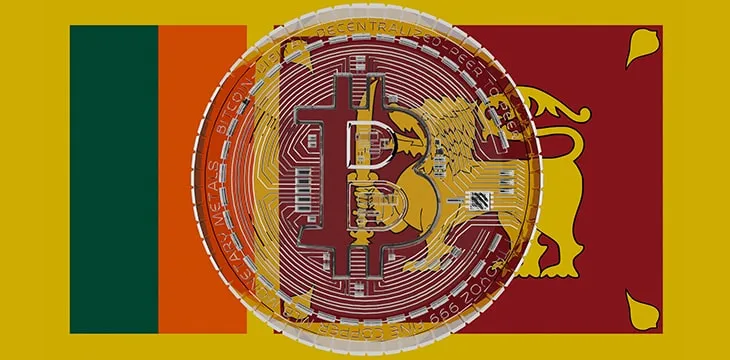|
Getting your Trinity Audio player ready...
|
The Central Bank of Sri Lanka (CBSL) has issued a notice warning the general public against the use of digital assets. The central bank stated that citizens who invest in virtual currencies do so at their own risk as the assets are not unregulated in Sri Lanka.
The press release starts by reminding the public of previous notices stating the same stance. Back in 2018 and again in 2021, the CBSL warned that companies were licensed or authorized to operate virtual currency-related schemes, including initial coin offerings (ICOs), trading, investments, or block reward mining.
It also notes that according to a 2021 amendment of its 2017 Foreign Exchange Act, using electronic funds transfer cards such as debit and credit cards to make payments related to virtual assets is prohibited. Arising from this lack of regulation and outright prohibition, citizens who engage with digital assets expose themselves to legal and economic risks, among others.
“The public is therefore warned of the possible exposure to significant financial, operational, legal and security related risks as well as customer protection concerns posed to the users by investments in VCs. The public is also warned not to fall prey to various types of VC schemes offered through the Internet as well as other forms of media,” the notice said.
Could the notice be connected to political unrest in Sri Lanka?
The CBSL remarked that the notice is being issued due to recent developments in the domestic and international digital assets market and increased inquiries directed to it concerning the matter. However, the timing has also coincided with ongoing political unrest in the South Asian country.
Over the weekend, Sri Lankans protesting rising inflation and monetary policy tightening that has resulted in economic hardship took over the Colombo residence of President Gotabaya Rajapaksa, forcing him to flee the country.
As the New York Times reported, the protesters are accusing the president of running the island nation’s economy to the ground through corruption and mismanagement. The president has now agreed to step down.
Reports emerging from the country show that some citizens have been converting local currency to stablecoins to hedge against inflation. Meanwhile, despite criticizing digital currencies, Sri Lanka has previously been open to adopting blockchain technology.
The CBSL introduced a blockchain-based proof-of-concept KYC solution for the financial sector last year. Sri Lanka also has a committee tasked with studying possible applications of digital assets and blockchain technology.
Watch: The BSV Global Blockchain Convention panel, Blockchain for Digital Transformation of Nations
https://www.youtube.com/watch?v=ggbZ8YedpBE&t=33390s

 07-04-2025
07-04-2025 





